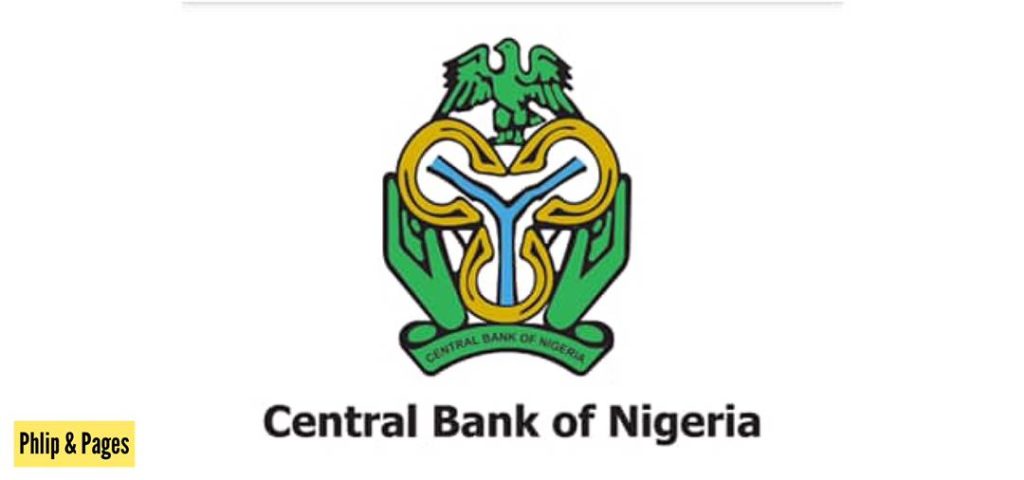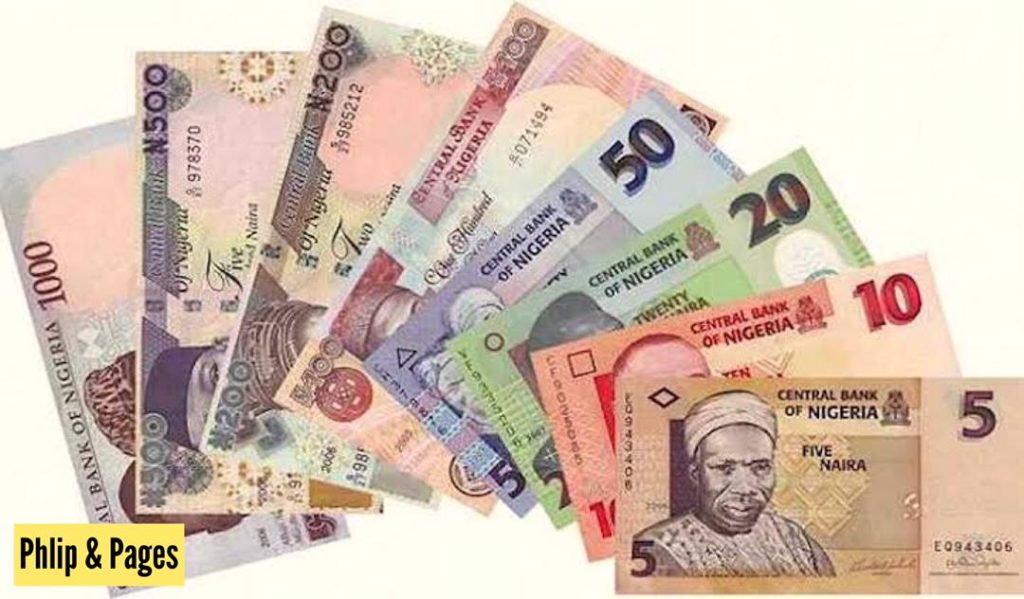
The Central Bank of Nigeria has recently unveiled the ‘Strategic Agenda for the Naira’, generating significant national discourse. In preparation for a nationwide enlightenment program, scheduled to commence on November 2, it is crucial to address questions and concerns surrounding this new policy.
To comprehend the impact of the agenda on the Naira and national economy, it is essential to consider the four-point. The new agenda aims to:
- Anchor inflation expectations effectively.
- Strengthen public confidence in the Naira.
- Facilitate easier conversion to major currencies.
- Counteract currency substitution tendencies.
- Eliminate higher denomination notes with diminished purchasing power.
- Reduce currency production, distribution, and processing costs.
- Promote the usage of coins and enhance pricing and payments efficiency.
- Ensure the availability of cleaner notes.
- Deepen the Forex market.
- Improve liquidity management and monetary policy effectiveness.
- Enhance Naira convertibility and inspire greater confidence in the national economy.
- Position the Naira as the reference currency in Africa.
Notably, most of the questions raised thus far primarily pertain to currency re-denomination. It is important to clarify that concerns expressed align with those encountered in other countries that have undergone similar processes, including Ghana, which is currently implementing it. Let’s address some of these concerns:
What is currency redenomination?

Currency redenomination involves replacing the old unit of money with a new unit at a specific ratio. This process aims to rectify perceived currency and pricing structure misalignments and enhance the credibility of the local currency.
How will the Naira be redenominated?


Redenomination will drop two zeros or shift two decimal places, with the national currency remaining the Naira. During the transition, the “Old Naira” will become the “New Naira.” Eventually, it may be recognized as simply the Naira.
How will it work?
Furthermore, the new Naira coins and notes will showcase unique designs, appearances, and enhanced security features in comparison to the existing currency.. As part of this initiative, there will be an active re-denomination of all Naira assets, liabilities, prices, fees, rents, and contracts. Moreover, this comprehensive process will involve either removing two zeroes or shifting two decimal points to the left. The re-denomination will encompass various aspects, including salaries, wages, and other financial elements, ensuring a seamless transition to the new currency denomination.

This five-month period aims to familiarize everyone with the conversion and highlight the advantages of using the new Naira. Moreover, formal markets will display prices in both the old and new Naira currencies, simplifying the transition process for everyone involved. This facilitates familiarity with the new denomination. This flexibility aims to accommodate individuals and ensure a smooth adjustment to the currency.
Importantly, the transition period holds significant importance as it allows individuals in both formal and informal sectors to effectively adapt and comprehend the currency conversion process and this period provides the necessary time for individuals to familiarize themselves with the changes and ensure a smooth understanding of the new currency denomination. As people realize that N50,000 in old Naira holds the same purchasing power as N500 in the new Naira, the preference for the new currency will become evident. For instance, someone with N50,000 in their bank account can withdraw either N50,000 in old Naira or N500 in the new Naira, which will yield the same value of goods and services.
Examples of price equivalents in the new and old Naira have been provided for clarity.
Under the directive of President Bola Ahmed Tinubu, the Central Bank of Nigeria (CBN) made the decision to re-denominate the currency. This strategic move is intended to address various economic challenges and bring about positive changes for the country. This initiative aims to alleviate the hardships faced by Nigerians and address the issue of inflation.
















